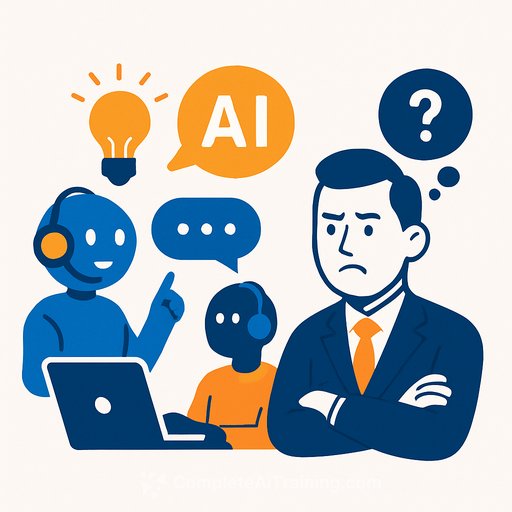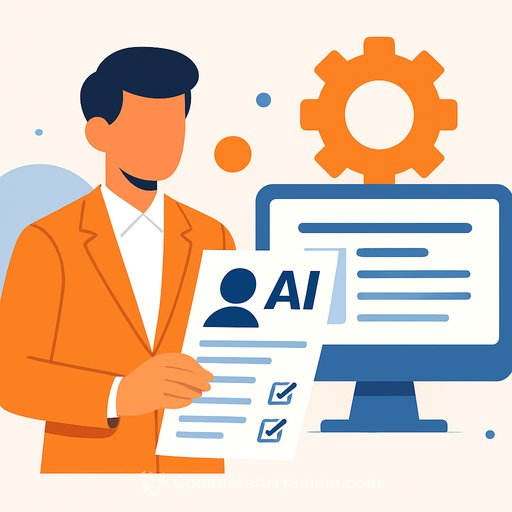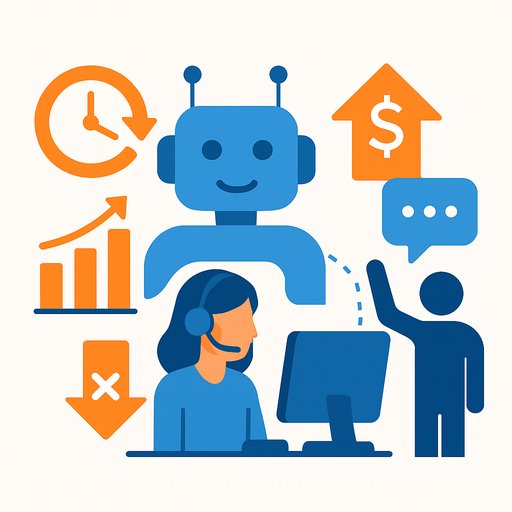Self-Service and Live Chat Set to Lead Customer Support by 2027
Customer service executives predict that self-service and live chat will surpass traditional channels like phone and email as the most critical support technologies within the next two years. This insight comes from a Gartner survey involving 265 customer service and support leaders.
Alongside self-service and live chat, tools such as advanced voice-of-the-customer analytics, data management, knowledge management systems, and agent assist solutions are gaining importance. Gartner expects nearly 75% of customer service organizations to adopt agent assist solutions by the end of 2025.
To stay competitive, customer service leaders should focus on:
- Leveraging enhanced analytics
- Optimizing knowledge management
- Using agent assist technologies to improve assisted service
Why Self-Service Is Both Promising and Problematic
Customer support teams are increasingly implementing self-service portals, AI chatbots, and other tech-enabled solutions to reduce costs and staffing needs. Agent assist tools can help human agents resolve complex issues more efficiently, but skepticism remains about AI’s ability to significantly improve self-service.
Self-service can be effective when companies have the right policies, tools, and systems. Knowledge management systems are essential for effective self-service, acting as the foundation for chatbots, FAQs, and other automated help.
However, self-service often falls short. A Five9 survey found that nearly one-third of customers feel self-service hasn’t improved their experience. Gartner’s 2024 data shows self-service fully resolves only 14% of issues, with 9 out of 10 customers ending up using multiple channels like phone or email to get their problems solved.
The Risks of Poor Self-Service and Premature AI Deployments
Poorly implemented self-service frustrates customers and agents alike. It can lead to increased call volumes, lower customer satisfaction, and higher operational costs. Despite this, many businesses rush to deploy AI-powered chatbots and self-service solutions before they are truly ready.
For example, a recent Genesys survey revealed that over 25% of customer experience leaders say their organizations are ready to deploy agentic AI but lack governance policies. This gap puts companies at risk of consumer backlash.
Consumer patience is thin: about 40% of customers would stop doing business with a company after just one negative service experience, according to Five9.
What This Means for Customer Support Professionals
Customer service teams need to balance investment in new technologies with realistic expectations and proper preparation. Effective knowledge management and carefully scaled AI deployments can help improve the customer experience rather than harm it.
Learning how to implement and manage these technologies well is key. For those interested in expanding their skills in AI and customer support tools, resources like Complete AI Training’s customer support courses offer practical guidance on using AI effectively.
Ultimately, self-service and AI tools should complement human agents—not replace them—ensuring complex issues are handled smoothly and customers remain satisfied.
Your membership also unlocks:





